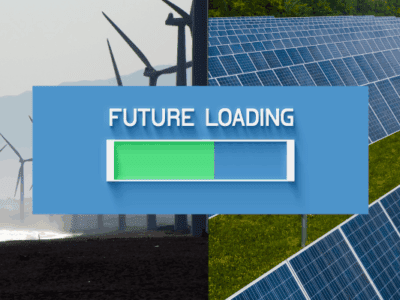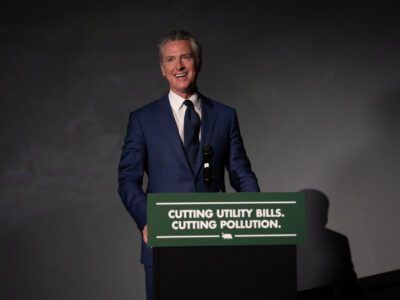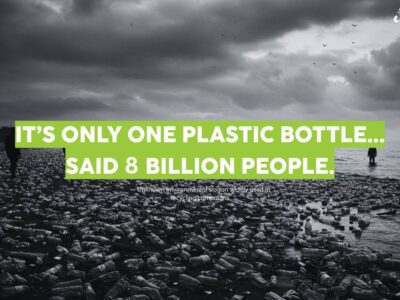Creating New Jobs in Coal Country and the Oil Patch
How can we help carbon-dependent communities transition economically?
One of the goals of Biden’s clean energy and infrastructure proposals is to provide an economic boost to people who will otherwise lose out in the transition to a sustainable economy. He has similar plans for “environmental justice” communities. This is a great goal, but it may be more difficult than it seems.
In a 2020 article, economist Timothy Barik provided a close look at state incentives for businesses to locate in distressed communities. This isn’t quite the same situation that Biden is confronting, but I think there are two big lessons for Biden’s plans.
First, programs that merely bring new workers into the area have limited value in helping existing residents. It’s a version of “gentrification”: the new workers bid up rents and land values, benefitting landlords and current land owners but not the bulk of the existing community. Many existing residents may actually be worse off because of higher living costs.
Second, programs make much more sense when they will make it possible for an area to attract new investment in the future. One way of doing that is to improve local infrastructure that new enterprises can use. The other way is to improve local education and worker skills, creating a more appealing labor force.
The current plan seems to focus heavily on hiring people to help clean up the environmental harm done by coal mines and wells. That’s certainly important, and all the better if we can create jobs for impacted communities. To the extent outside workers are also needed, there’s a risk of the “gentrification” effect on living costs. These clean-up activities could take years to complete, which would provide steady work, but someday they will be over. Unless we also design them to create local infrastructure or improve the local workforce, communities could once again find themselves facing a bleak economic future.
An additional question is how to fund these activities. In terms of cleaning up oil and gas areas, a tax on the industry might provide a funding source. Given that the coal industry is rapidly going bust, the only option seems to be public funding. Public funding could prove unreliable, however, undercutting the benefits of the program. The Administration should also give greater emphasis to alternative sources of employment, such as work on new geothermal facilities or battery recycling, that could provide more self-sustaining economic benefits.
Cleaning up the environmental mess left by coal mines and old oil and gas wells would be worth doing even if it doesn’t produce permanent community benefits — it will improve the environment and at least give people good jobs for a while. They’ll be all the more worthwhile, though, if we can create future jobs by improving local infrastructure and transferable job skills. In any event, it’s important to ensure that they actually employ local residents rather harming them by raising the local cost of living.







Reader Comments